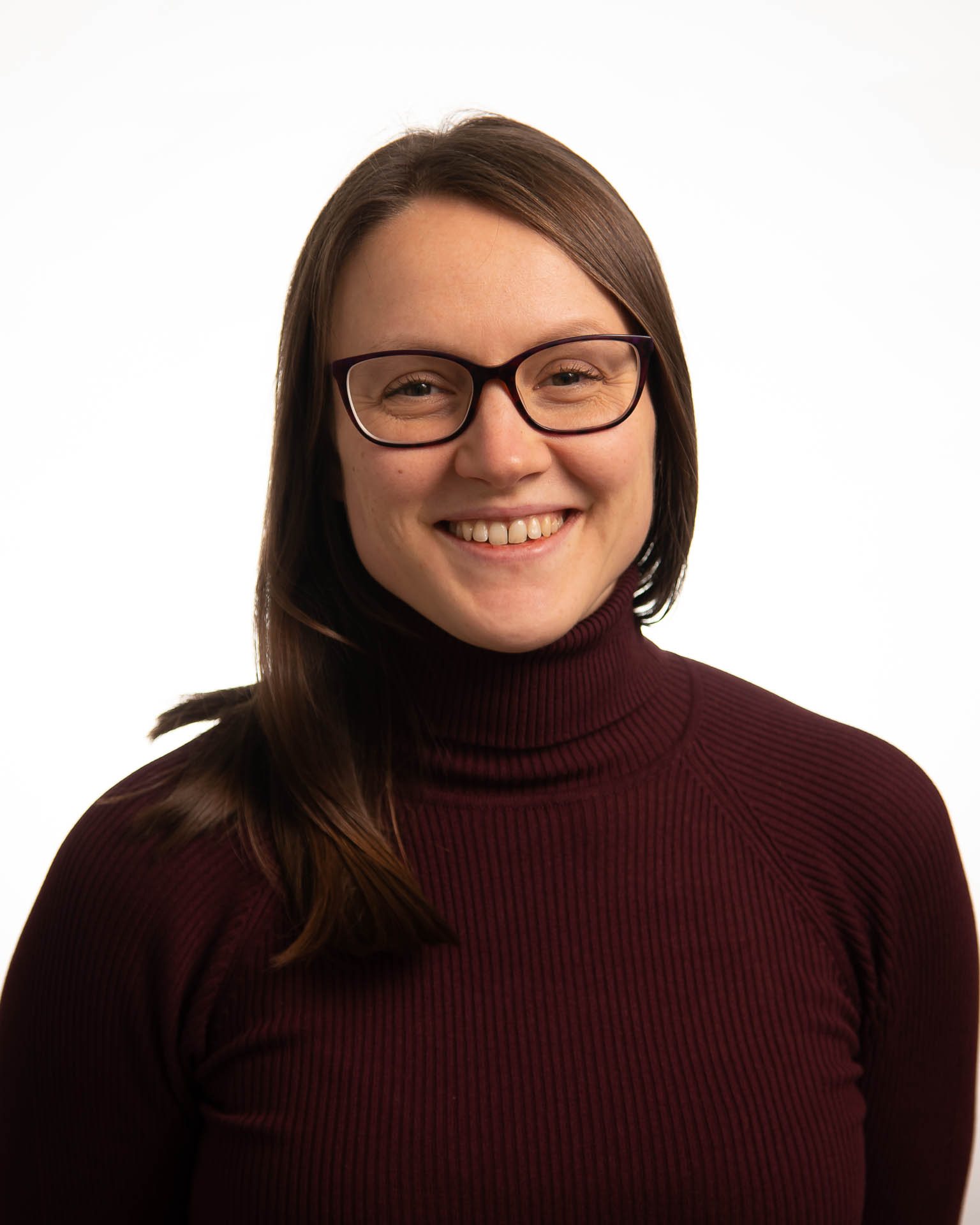Ragnhild Freng Dale was researcher and assistant director on a play which scooped one of Norway's top theatre awards.
I see theatre as not only playing a role in getting vital academic research across to a broader public, but also to develop new understandings for everyone involved.
Ragnhild Freng Dale
A Gates Cambridge Scholar whose research contributed to a theatre production has seen the play that she worked on and helped to direct scoop a top theatre prize in Norway.
Ragnhild Freng Dale was the researcher and assistant director on The Trial of the Century, a play which deals with the upcoming court case over the 23rd licensing round for petroleum in the Norwegian Barents Sea.
Norwegian environmental organisations Greenpeace and Nature and Youth have contested the licenses on the grounds that they are unconstitutional. The theatre production staged the trial in Kirkenes, Northern Norway, posing the dilemma to people in the region who will feel the effect of the decision, whatever the outcome in the courts.
The play has won the Norwegian Critics' Association prize for theatre with the jury praising it as 'one of the most important reference works in recent political Norwegian performing arts'.
For the production, which took place in February, Ragnhild worked with director Morten Traavik of traavik.info and Pikene på Broen as co-producers. Other academics and scientists were also involved in the play as witnesses, acting as themselves on stage alongside politicians, oil workers and other expert witnesses.
Ragnhild [2013] is doing a PhD in Polar Studies focusing on issues of conflict and consent around the rise of petroleum and mining industries in Northern Norway and Sápmi.
She has always been intrigued by the possibilities that lie at the intersection of arts and academia. She says: "To work with traavik.info was a chance to bring what I’ve learned through my PhD research into a project that both functioned as an arts piece in its own right and yielded new insights into my thesis work. It's been a very rewarding experience with a great team of collaborators."
Ragnhild has had smaller collaborations in the past in the UK and Germany and she recently contributed to the development of SOS Dobrie by author and playwright Siri Broch Johansen. Johansen toured in Sápmi with scripted readings before staging the piece as her MA production at the Oslo National Academy of the Arts this spring.
Ragnhild adds: "I see theatre as not only playing a role in getting vital academic research across to a broader public, but also to develop new understandings for everyone involved."
*Picture credit: Ole Gunnar Rasmussen

Ragnhild Dale
- Alumni
- Norway
- 2013 PhD Polar Studies
- Hughes Hall
I'm a social anthropologist by training, and currently work as senior researcher at the Western Norway Research Institute. My research interests include energy imaginaries, justice in climate transitions and impacts of energy infrastructure on local and indigenous communities. I thrive working on projects that are multimodal and experimental, especially in collaboration with the performing arts field. .
Previous Education
University College London BSc Anthropology 2008












